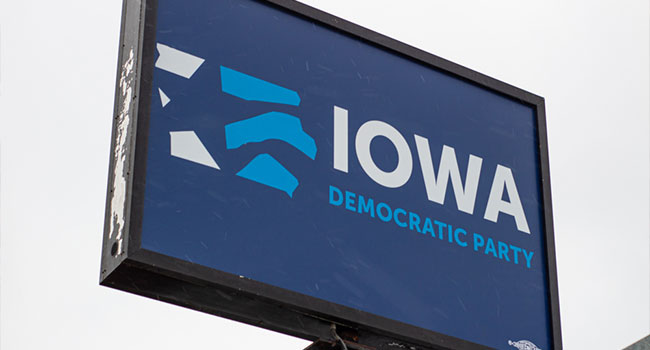
Despite Hacking Threats, Iowa and Nevada Democratic Caucuses Will Use Mobile Apps to Tally Votes
Party leaders say they have taken steps to protect cybersecurity and that there will be paper records to verify each vote for the final results.
- By Haley Samsel
- Jan 22, 2020
Despite warnings that hackers could target electronic voting systems in primary contests around the country, two of the first three states to vote in the Democratic presidential race are planning to use new mobile apps to tally results from caucus sites.
The Associated Press reported that Democratic party volunteers in Iowa and Nevada will use apps downloaded to their personal phones to report results of caucus gatherings to state headquarters. The data they report will be used to announce the unofficial winners, while paper records will be used later to clarify the final results.
State party leaders say they are taking significant security precautions and that any issues can be corrected through the use of paper backups. Caucuses have long been inefficient affairs, relying upon thousands of phone calls between volunteers and vote-counters, according to the AP.
The new system is trying to simplify the way that information is relayed back to party leaders, allowing the state to speed up the announcement of initial results.
“We continue to work closely with security experts to test our systems and identify incidents, including disinformation monitoring, and we are confident in the security systems we have in place,” Iowa Democratic Party Chair Troy Price told the AP.
While Microsoft designed an app used in the Iowa caucuses in 2016, the developer of the 2020 app has not been identified, raising concerns from cybersecurity experts about the measures that have been taken to secure sensitive voter data.
“It would be really nice to know who developed it, how competent they are and what oversight they were subjected to,” Douglas Jones, a University of Iowa computer science professor and election security expert, told the AP. “The caucus night reporting, which is so important in determining which candidates drop out, which continue, who gets a boost from the caucus — all of that is definitely vulnerable to an attack on the app.”
Caucus precinct leaders will not be allowed to download the app until shortly before the caucus begins, narrowing the window in which hackers could attack. The volunteers will also have the option to phone in results if they are having trouble with the app.
The mobile app announcement comes after the Democratic National Committee threw out the states’ plan to hold “virtual caucuses” for people who could not attend in person. In September, the committee cited cybersecurity concerns about electronic voting, which would be difficult to verify if the party’s systems were compromised since there would not be a paper record.
About the Author
Haley Samsel is an Associate Content Editor for the Infrastructure Solutions Group at 1105 Media.